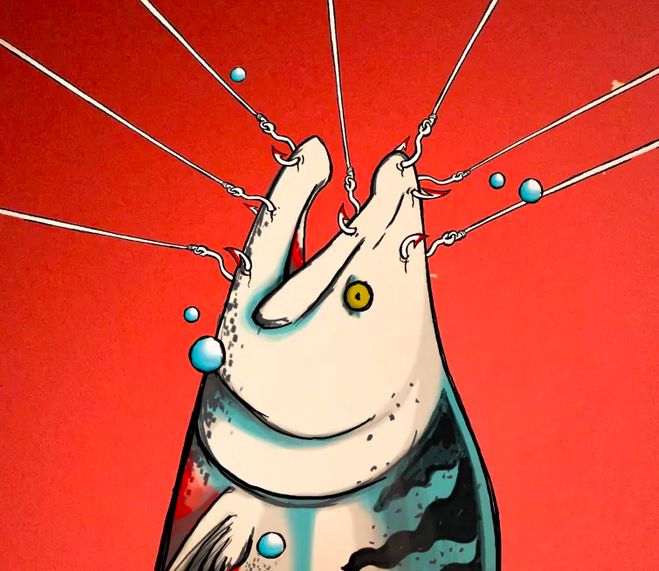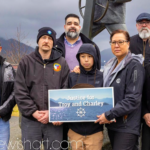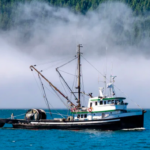B.C.’s fish harvesters are demanding that Canada end its preferential treatment of foreign investors before Canadians and coastal communities are completely shut out of the industry.
They’ve launched an online petition to the House of Commons calling on Ottawa “to ban any further transfer of Canadian commercial fishing licenses and quotas to foreign ownership or foreign beneficial interest.”
“Canada currently has no limitations on foreign ownership of commercial fishing licenses and quotas, causing economic losses to domestic fish processing and processing jobs in Canada, and displacing Canadian owner-operator fish harvesters,” the petition reads.
“It should never have been this way.”
Emily Orr, Business Manager of the United Fishermen and Allied Workers Union
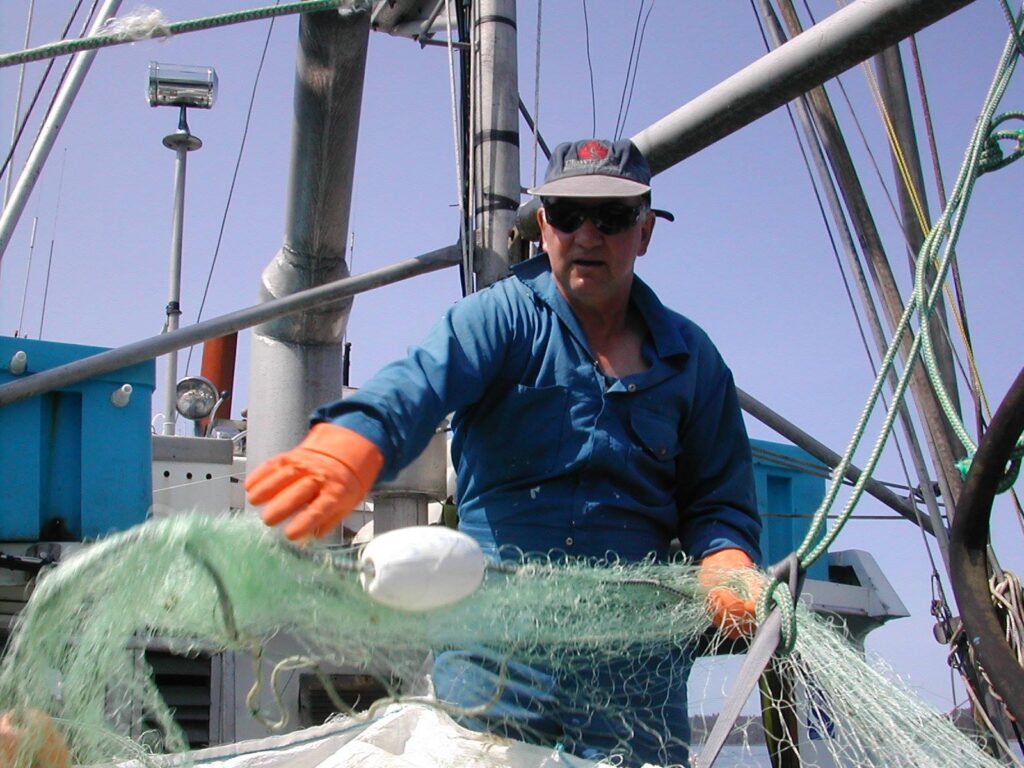
The feds were warned of this back in 2019. That was when an all-party parliamentary committee recommended banning the transfers to buyers who don’t live or work on the B.C. coast.
Three years later, Fisheries and Oceans Canada is still analyzing the results of a license and quota holders survey to determine how bad the problem is. And results won’t be available until the end of the year.
“It should never have been this way,” says Emily Orr, business manager of the United Fishermen and Allied Workers Union, the petition sponsors. “We really don’t know how much of our industry is foreign-controlled.” This lack of information stems from the DFO’s Pacific Region licensing system, which fails to take into account the nationality of license holders and vessel owners connected to companies registered in B.C.
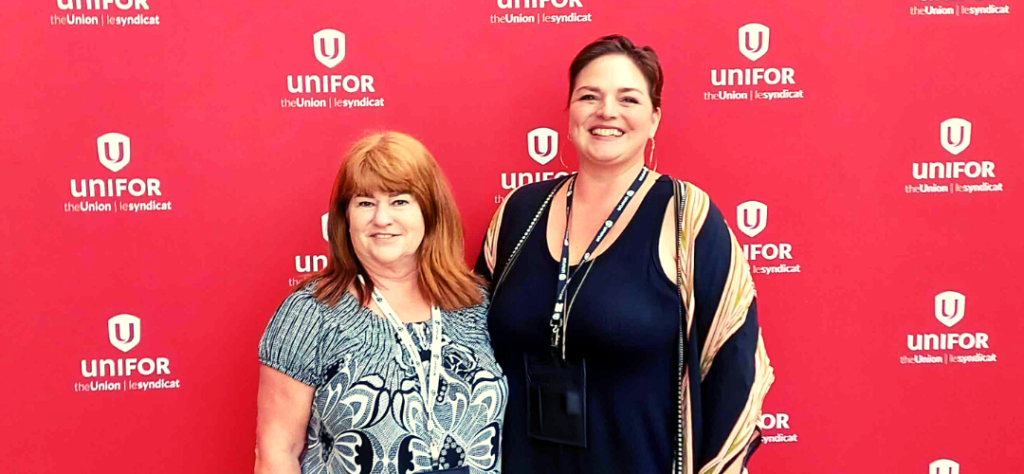
Young harvesters hoping to acquire their own boats and quota can’t compete with deep-pocketed foreign buyers, she says, nor with investors who want to stay at home and lease their quota to others, a result of the individual transferrable quota (ITQ) system. The ITQ allows the license holder to either fill the quota by fishing or sell the quota to anyone else, regardless of nationality.
Orr fell victim to the ITQ system as she couldn’t afford to buy her parents’ prawn boat and quota when they retired. Instead, the boat went to Alaska and the quota to a Vancouver investor.
“The problem is too many commercial fishing licenses and quotas are in the hands of investors and offshore owners.”
Chief Arnold Clifton of Gitga’at First Nation
The result is a “sharecropper fishery,” says Cowichan Bay prawn and salmon fisher Guy Johnston. “Where do the benefits from those fisheries go? They go offshore. Cowichan Bay used to have four shipyards. Now there are none. We used to have a fish plant, and now we have none.”
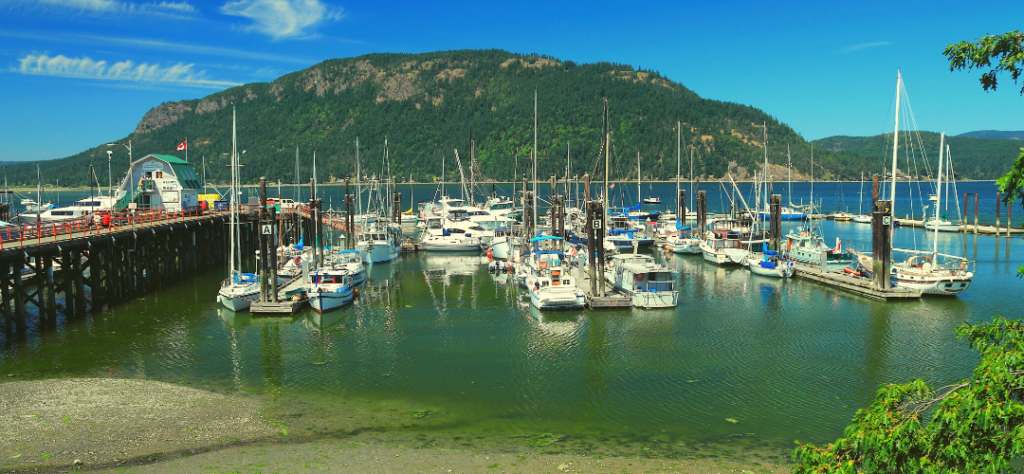
The petition was front and centre at the Fisheries For Communities Gathering in Victoria this week, where delegates from Prince Rupert to Victoria gathered to push forward their call for a complete overhaul of fisheries licensing.

“The problem is too many commercial fishing licenses and quotas are in the hands of investors and offshore owners,” said Chief Arnold Clifton of Gitga’at First Nation in a written message on behalf of the organisation Coastal First Nations. “This is driving up prices and keeping young people out of fishing. This is threatening our west coast fisheries, coastal communities, independent fishermen and First Nations in B.C.”


